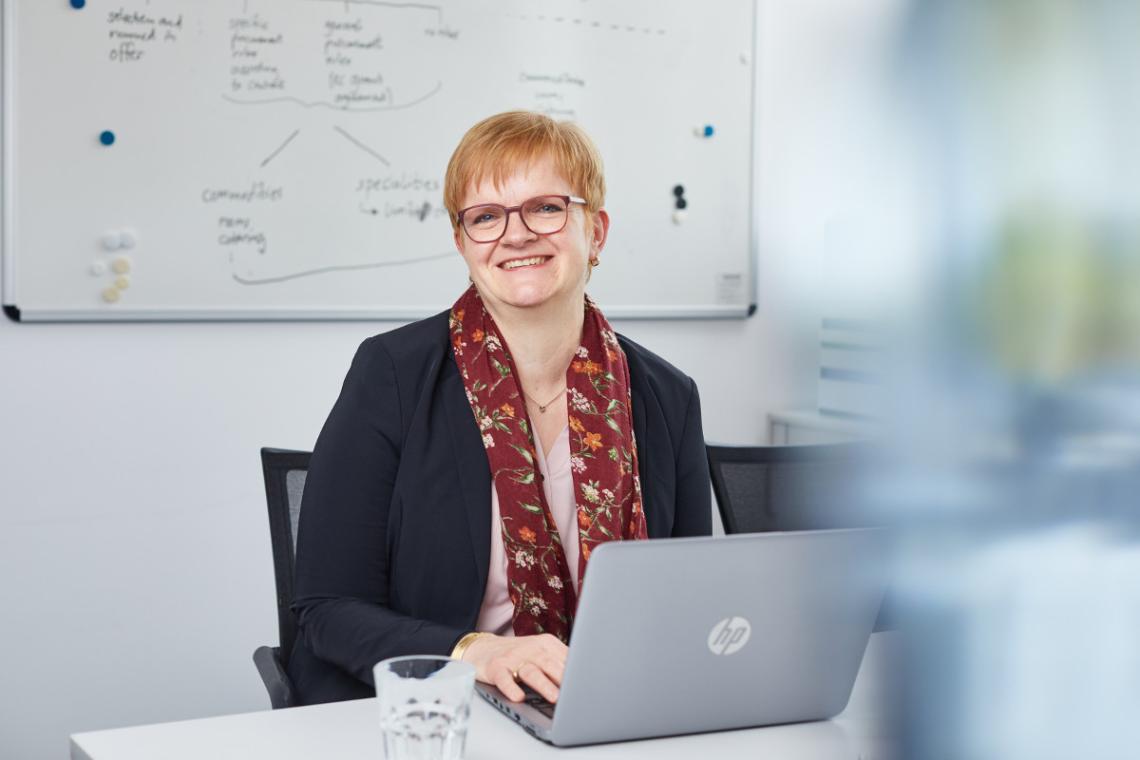
We develop customised methods for the evidence-based selection of the most promising funding projects within a funding measure and the chosen funding format. Funding projects are selected promptly, transparently and on a well-founded technically sound basis.
Proven Methods...
When selecting projects for funding measures, different assessment methods are currently used: ranging from purely external assessment by expert committees through to 100% in-house assessment by the project manager. A mixed approach is particularly common. Although the involvement of external expertise often results in a particularly good assessment of the level of innovation in individual projects, this approach has potential weaknesses in terms of compliance and the ideal composition of the expert committee in very broadly based funding initiatives. Calibrating the individual expert votes can be a major challenge.
... Reinterpreted
While submitting applications involves considerable work and expense for potential funding recipients, the selection process is a time-critical step in terms of ‘time to grant’. The duration of such a process is directly dependent on the number of draft proposals received and how assessment is organised.
Experience with different funding instruments shows that direct presentation and the technical questioning of applicants has a positive impact on selection quality. As an alternative to the expert-based approach, the assessment and selection process can also be conducted exclusively by the project manager, without the involvement of external parties. Methods of this kind are quick, can cover a wide variety of topics and can best be calibrated using multi-stage quality assurance. Compliance problems are also eliminated.
During expert assessment, data analysis methods can assist so as to objectively determine the level of innovation and the novelty of the R&D approach for example.
Learning From Others
At the PT-Lab, we also take into account tools, mechanisms and experience from other European and non-European countries, when developing new selection techniques. Particularly in small communities, holding criteria-based coaching prior to the selection process has proven to be useful, for example. This increases the quality/eligibility of applications considerably. Proceeding from these approaches, we develop models jointly with you that are also suitable for large communities and high caseloads. The aim is to optimise the effort required by applicants in relation to their likelihood of success – an important factor particularly for SMEs who wish to take part in funding notices.
